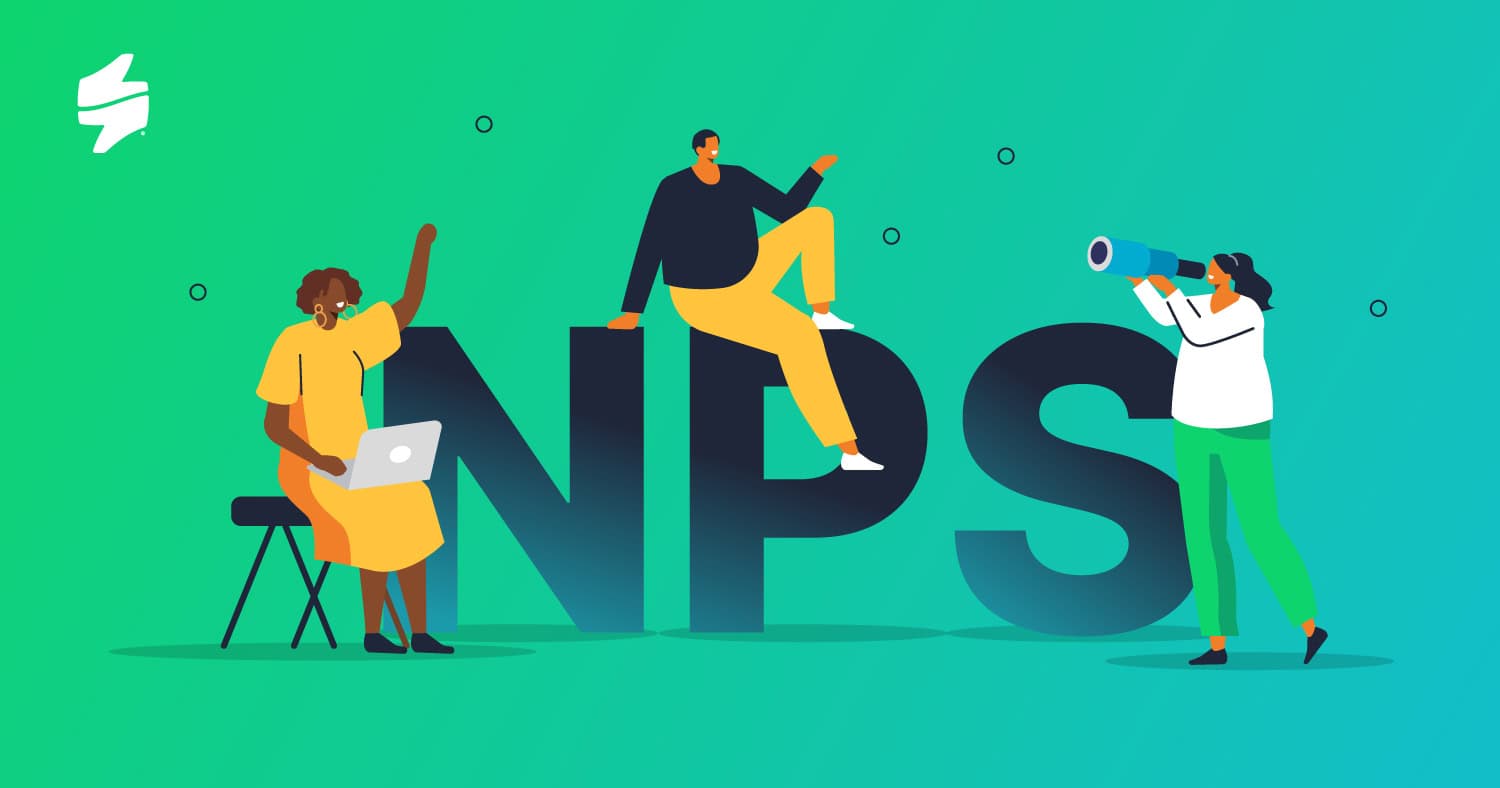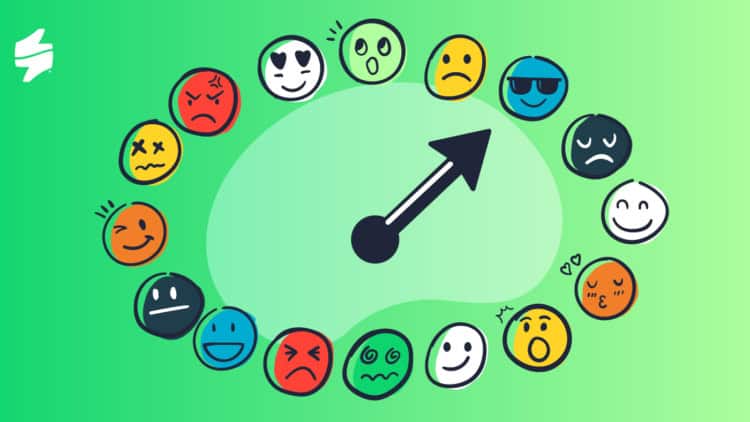In the competitive SaaS industry, customer loyalty and satisfaction are essential to success, and Net Promoter Score (NPS) is one of the most effective ways to gauge these qualities. Improving NPS requires SaaS companies to understand the drivers behind customer sentiment, use targeted strategies to address issues, and ultimately create a loyal customer base. This guide provides actionable insights for SaaS companies looking to measure customer experience KPIs, improve NPS, and build long-term loyalty.
What Is NPS and Why Is It Important for SaaS Companies?
Net Promoter Score (NPS) is a one of the core customer experience metrics that helps businesses assess how likely their customers are to recommend their services. NPS is especially useful for SaaS companies, where recurring revenue depends on high customer satisfaction and loyalty. An improved NPS means that more customers are enthusiastic about recommending your product, which is key for organic growth in a SaaS model where customer referrals and advocacy play a vital role in long-term success.
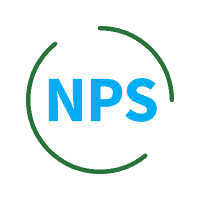
NPS is widely valued by SaaS companies because it provides a clear, quantitative measure of customer satisfaction and loyalty. By categorising customers into NPS promoters, passives, and detractors, SaaS companies can pinpoint areas for improvement and take action to create stronger customer relationships.
How to Calculate NPS?
To calculate NPS:
- Survey your customers by asking, “How likely are you to recommend our company to a friend or colleague?” on a scale of 0 to 10.
- Categorise the responses:
- Promoters (9-10): Loyal users likely to recommend your SaaS product.
- Passives (7-8): Satisfied but not overly enthusiastic customers.
- Detractors (0-6): Unhappy users who may spread negative feedback.
- Calculate NPS by subtracting the percentage of detractors from the percentage of promoters:

Why Focus on Promoters and Detractors in NPS SaaS?
NPS promoters are the advocates who drive growth and retention, whereas detractors highlight areas where improvements are needed. Understanding the factors that create promoters and detractors can help SaaS companies enhance their product, support, and overall customer experience.
Which Is More Useful in SaaS? NPS or CSAT?
When comparing NPS vs CSAT (Customer Satisfaction Score), it’s crucial to remember that both CX metrics provide valuable insights, but from different perspectives. While NPS focuses on long-term loyalty and customer advocacy, CSAT measures a customer’s immediate satisfaction with a product or service. Therefore, focusing on both promoters (NPS) and the immediate satisfaction of your customers (CSAT) will provide a more comprehensive overview of your SaaS product’s standing.
SaaS NPS Benchmarks: What Is a Good NPS Score for SaaS?
For SaaS companies, understanding where they stand relative to industry benchmarks is crucial for interpreting NPS results effectively. In the SaaS world, NPS scores can vary widely depending on factors like target audience, product complexity, and the level of customer support provided. On average, a “good” NPS for SaaS companies typically falls in the range of 30 to 50, with scores above 50 considered excellent and indicative of strong customer loyalty.

Companies achieving an NPS of 70 or higher are in the top tier, suggesting a high level of customer advocacy and satisfaction.
Why benchmarking matters?
Benchmarking your NPS against industry standards helps set realistic expectations and identifies areas of potential improvement. For example, if your SaaS product has an NPS lower than 30, it may be an indicator of unmet customer needs, requiring deeper investigation into detractor feedback. Conversely, a score above 50 signals a strong customer base with a high likelihood of retention and advocacy, positioning the company for potential growth through referrals and organic expansion.
How to Improve NPS: Key Strategies for SaaS Companies
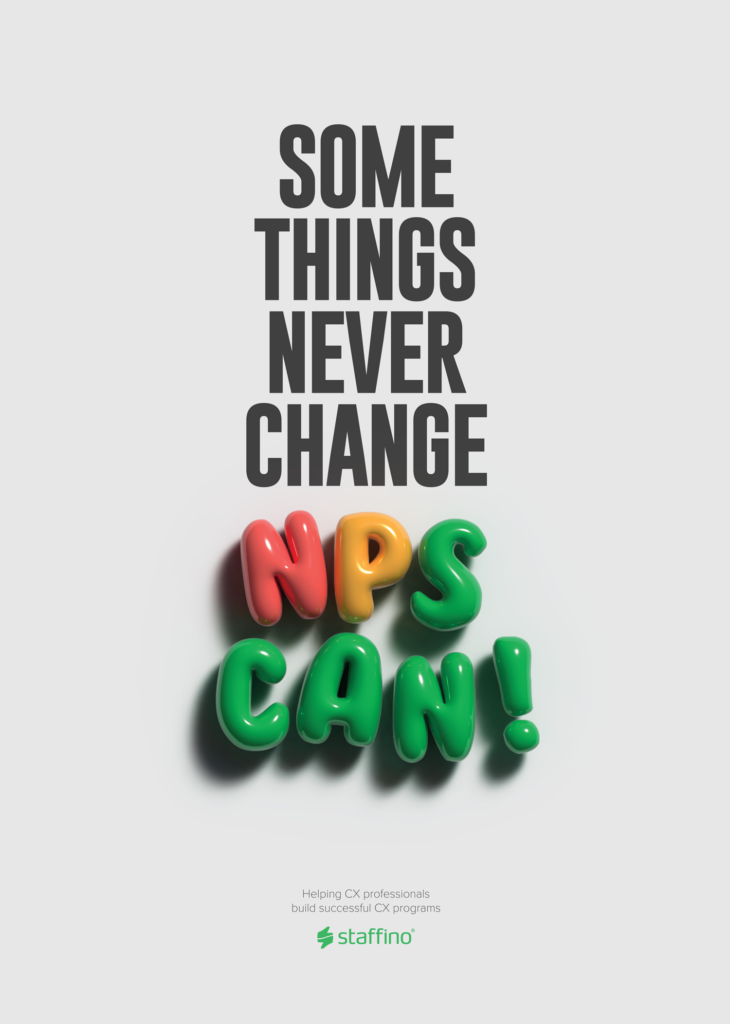
How to increase NPS in SaaS? Here are 5 proven strategies:
1. Use Customer Feedback to Guide Product Development
SaaS products must evolve continuously to meet customer needs. Use NPS feedback to identify common issues and opportunities for improvement in your product roadmap. Analysing detractor feedback, in particular, will help you see where your product may be falling short and guide feature development or refinement efforts.
2. Implement a Closed-Loop Feedback System
A closed-loop feedback system is essential for addressing customer concerns effectively. Various NPS software companies provide this system for tracking detractor feedback, allowing you to follow up with customers to address their concerns. Resolving issues promptly improves customer experience and can shift detractors into promoters.

Get Actionable Insights with Closed Loop Feedback Management
With Staffino, you'll never leave a customer unhappy again! Streamline the process of collecting and responding to feedback, identify areas of improvement, and make sure that customer issues are addressed quickly and effectively.
3. Focus on Onboarding and Customer Education
In the SaaS model, the onboarding experience is a major determinant of customer satisfaction. Simplify the onboarding process, create clear and concise guides, and provide ongoing education to ensure customers can get the most out of your product. An effective onboarding experience reduces friction, enhancing NPS by helping customers derive value quickly.
4. Invest in Proactive Customer Support
Proactive customer support can prevent minor issues from turning into major complaints. SaaS companies can proactively check in with customers to see if they need help, especially during key stages in their journey. Automated email check-ins, for instance, can help identify concerns before they impact overall satisfaction.
5. Engage Employees in Performance Management
Employee performance management can directly impacts customer interactions, so SaaS companies should monitor and reward employee performance based on NPS scores and customer feedback. By recognising top performers and identifying areas for improvement, companies can foster a customer-first culture that drives better service and boosts NPS.

NPS Survey Best Practices
To maximise the effectiveness of your NPS survey and ensure you’re gathering useful insights, consider these best practices:
1. Survey at key touchpoints: Timing matters. For example, conducting NPS SaaS surveys after onboarding or feature releases gives you a snapshot of how these interactions influence customer satisfaction.
2. Include follow-up questions: Encourage open-ended feedback by asking questions like, “What could we improve?” or “What do you love most about our product?” This qualitative data provides rich insights into customer needs and pain points.
3. Segment your responses: Group responses by customer segment, usage patterns, or region to understand specific needs. Segmentation helps SaaS companies identify trends and tailor strategies to different user groups.
4. Follow up on detractor feedback quickly: Act quickly on detractor feedback to show customers you’re committed to their satisfaction. By addressing concerns directly, you’re more likely to retain customers and potentially turn them into promoters.
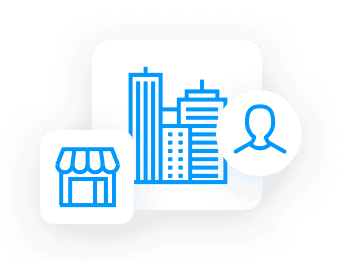
Retain Customers and Increase Profits!
Make sure your customer relationships don't slip away with Staffino's Retention Case Monitoring. This easy-to-use tool gives you the power to maximise customer retention and boost loyalty.
The Role of Employee Performance in Improving NPS
Employee performance and engagement play a significant role in driving customer satisfaction, especially for customer-facing teams in SaaS companies. To increase NPS through employee performance:
- Incorporate NPS feedback into employee performance reviews: Highlight customer satisfaction as a core metric in employee assessments to reinforce its importance.
- Reward employees who excel in customer interactions: Recognise team members who consistently receive high ratings from customers.
- Provide regular training on best practices: Ensure that employees understand the impact of their interactions on NPS, equipping them with the skills to address customer needs effectively.
How Staffino Can Help SaaS Companies Boost NPS
NPS improvement is a continuous journey that requires listening to customers, empowering employees, and leveraging data-driven insights. Our AI-driven CX platform offers SaaS companies a comprehensive solution for collecting and analysing customer feedback, enabling them to resolve issues quickly and turn more detractors into promoter. With features like closed-loop feedback and advanced analytics, Staffino helps companies improve customer satisfaction and drive revenue growth by building a loyal base of promoters.
Ready to improve NPS and build a stronger customer base?
